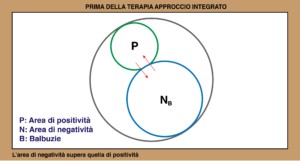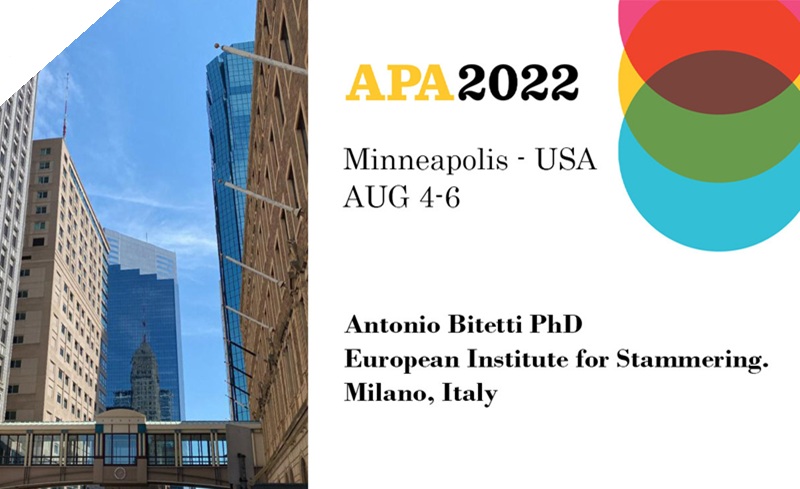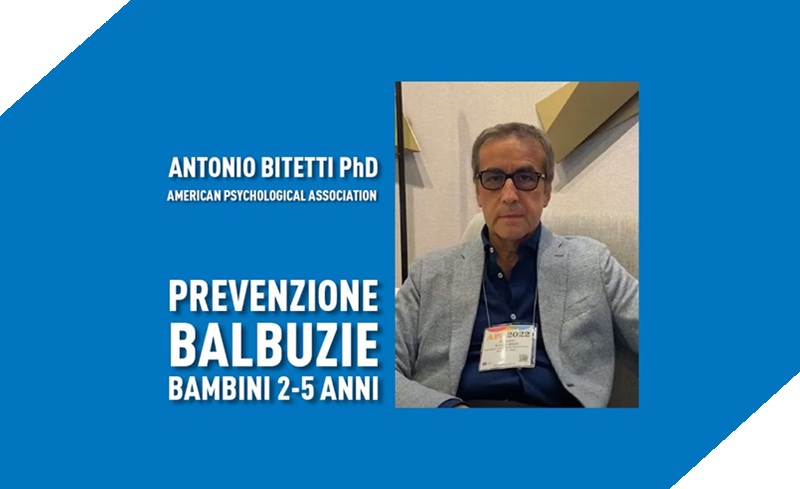In my research on the deep meaning of stuttering, I am going to give a further contribution to the understanding of this disorder, especially in terms of analysis of the phenomenon of stuttering in a linguistic and relational sense.
After an interesting journey of analysis of the problem and after having treated thousands of stuttering children and adults, I am about to take a further step forward in explaining what, in my opinion, could be the psychological meaning of the problem.
My experience of group analysis to treat my stuttering and to train as a psychotherapist has been enlightening in giving me those ideas for reflection to better understand stuttering. Above all, its psychological and evolutionary meaning, within the mechanisms of language acquisition in children first and then in adults. Furthermore, the relational use that is made of the word in the processes of social integration within the social group.

Joseph Sheehan compared stuttering to an iceberg, with the obvious aspects of stuttering positioned above the water level and the larger mass of negative emotions not visible, placed below the water level.
This definition is similar to what I describe in the concept of the two areas within the personality of each of us, in which the negative component of the stutterer has a clear predominance over the positive one.
Only the topical aspect of the dynamism in question changes. While Sheehan thinks of a concept more oriented to a level study, I go in the direction of the comparison between areas of the personality, with the substantial prevalence of one area over the other.
THE MEANING OF THE SYMPTOM STUTTERING
Now, beyond Sheehan’s concept of a great importance of the submerged part that forcefully affects the emerged one, I want to better explore the meaning of the symptom of stuttering.
It is almost certain that the ancients, hearing a stutterer speak, thought of a person who spoke a language different from theirs. This is why the term stutterer derives etymologically from Balbus. This term refers to the concept of “barbarian” that in ancient times was used to define someone who spoke a language different from the reference group.
In fact, the stutterer through his disarticulated language pushes us to believe that this is true. But, it is always necessary to point out, the stutterer when he is alone returns to being a person with shared language. At this point, the crucial question obviously arises as to why the stutterer uses this disarticulation during the comparison with others and returns to normality, in the calm condition of when he is alone.
In my long research on stuttering, I see a defensive reasoning that the stutterer uses in his relational dynamics. A disjointed language learned in childhood to confuse and be confused by a situation that the child has experienced as unsustainable, where negative emotions, especially anger, have certainly prevailed.
A strange language to divert attention from an experience that is not easily manageable and with uncertain outcomes. By choosing to stutter, he has chosen a more practical solution. Then, the symptom has generated reassurance in the short term and habit in the long term, until it has become what I call “the stutterer’s habit”.
(Bitetti A., Stuttering Integrated Approach, IEB Editore, Milan, 2010)
The need for a psychological therapeutic intervention model is of primary importance in this type of problem, precisely because of the relational value inherent in this type of disorder, both in childhood stuttering and in adult stuttering.
This is to allow the positive part of the stutterer’s personality to recover and assert itself as a necessary factor to adequately stand up to comparison with others.





